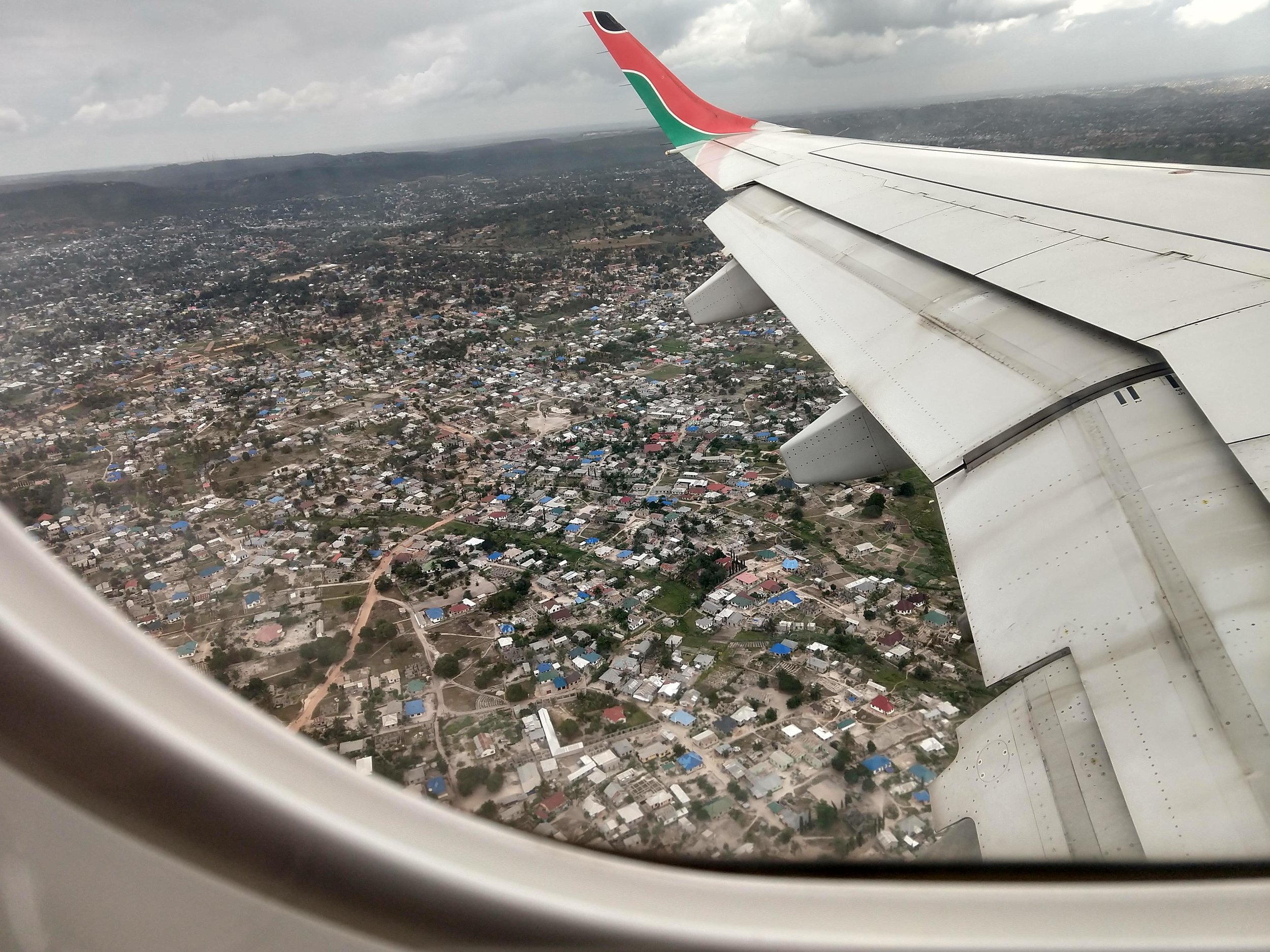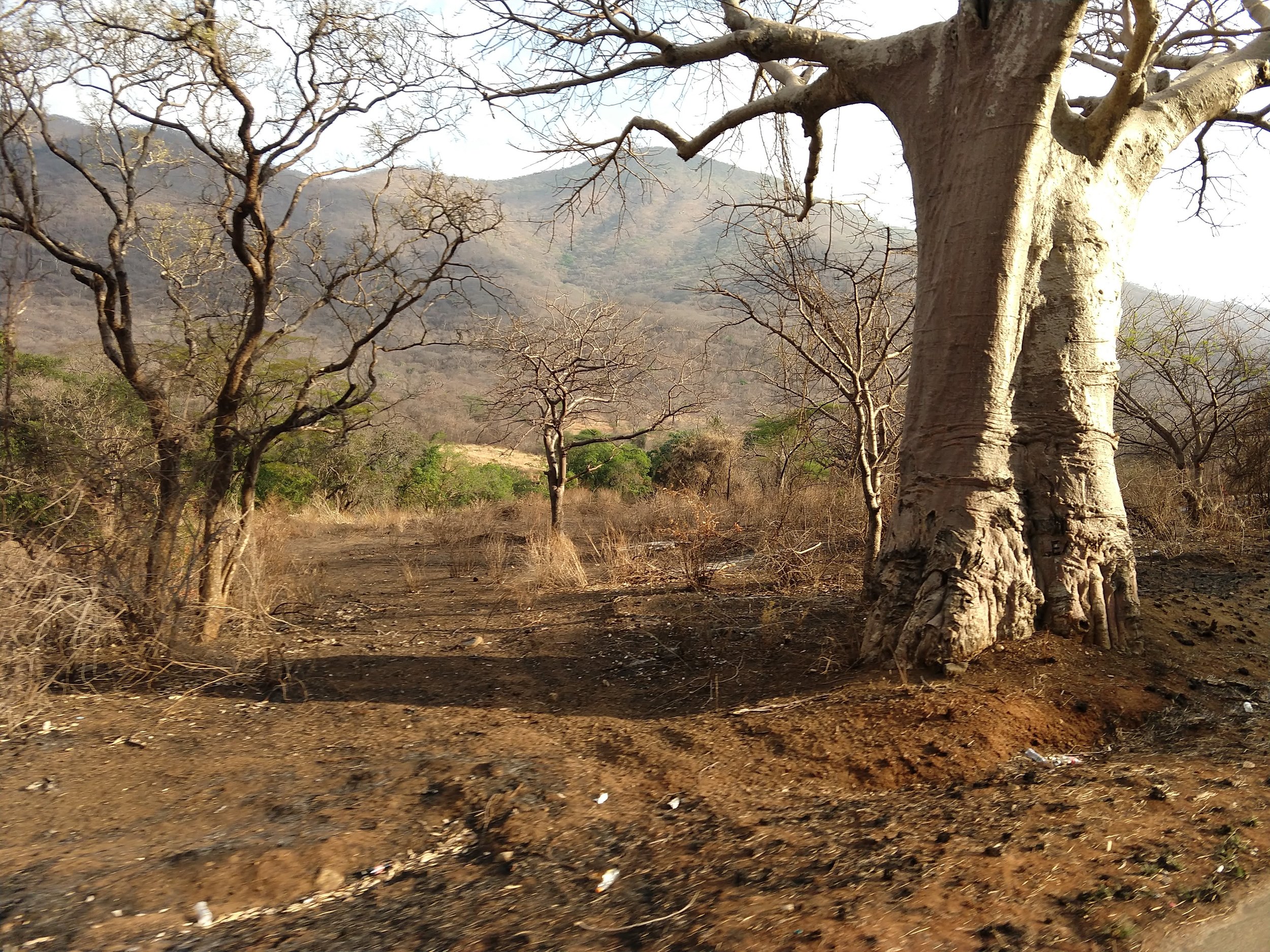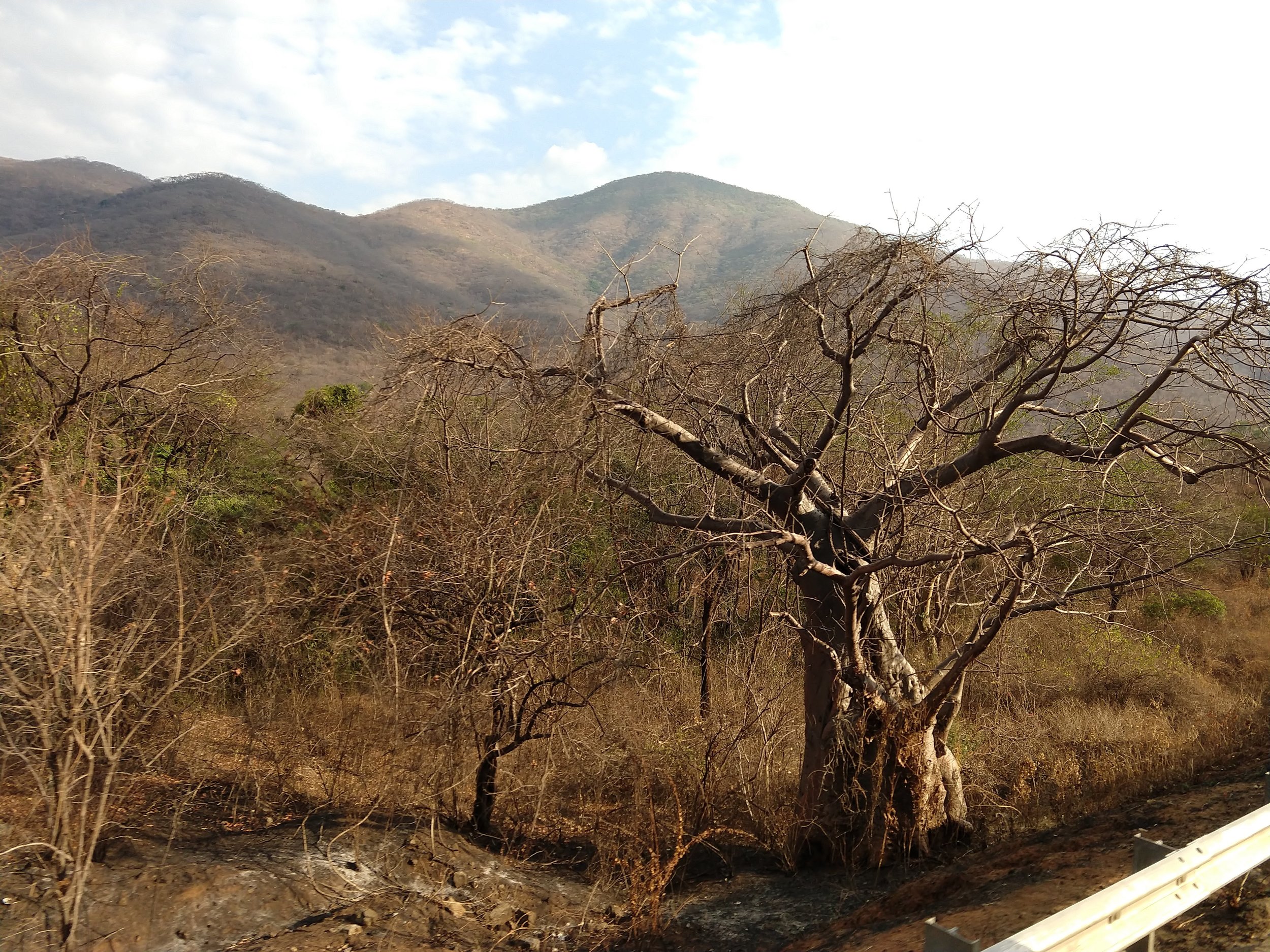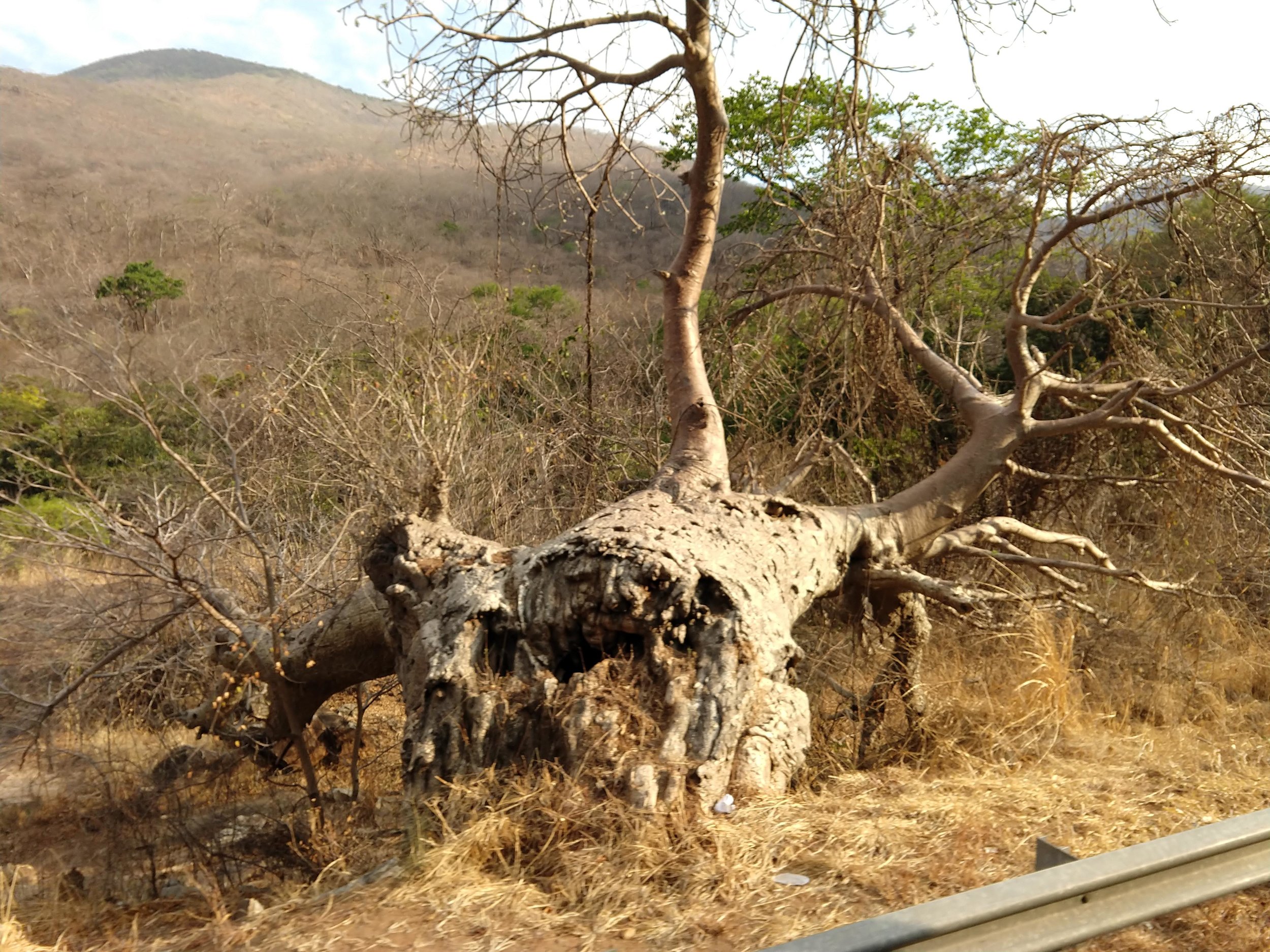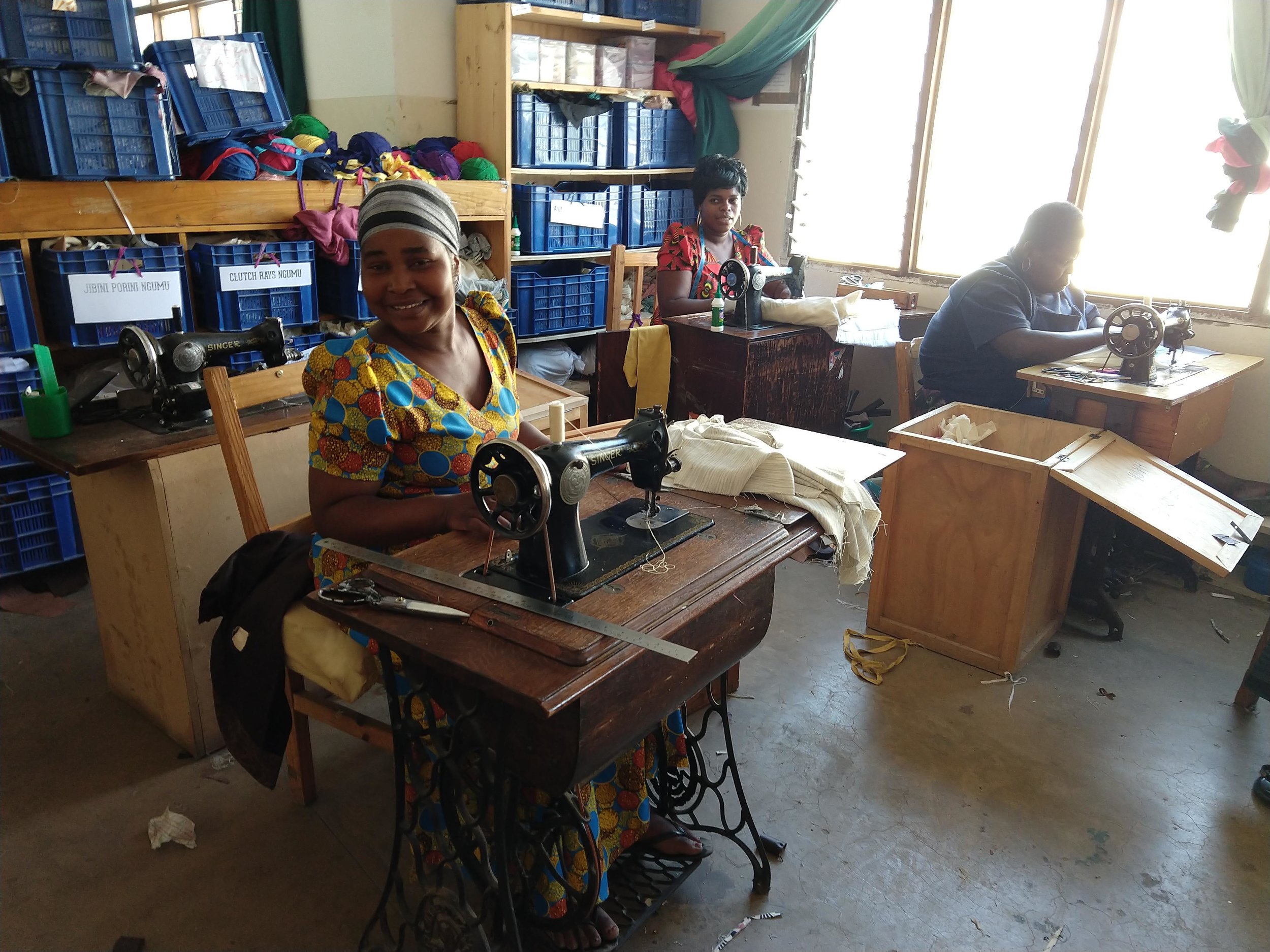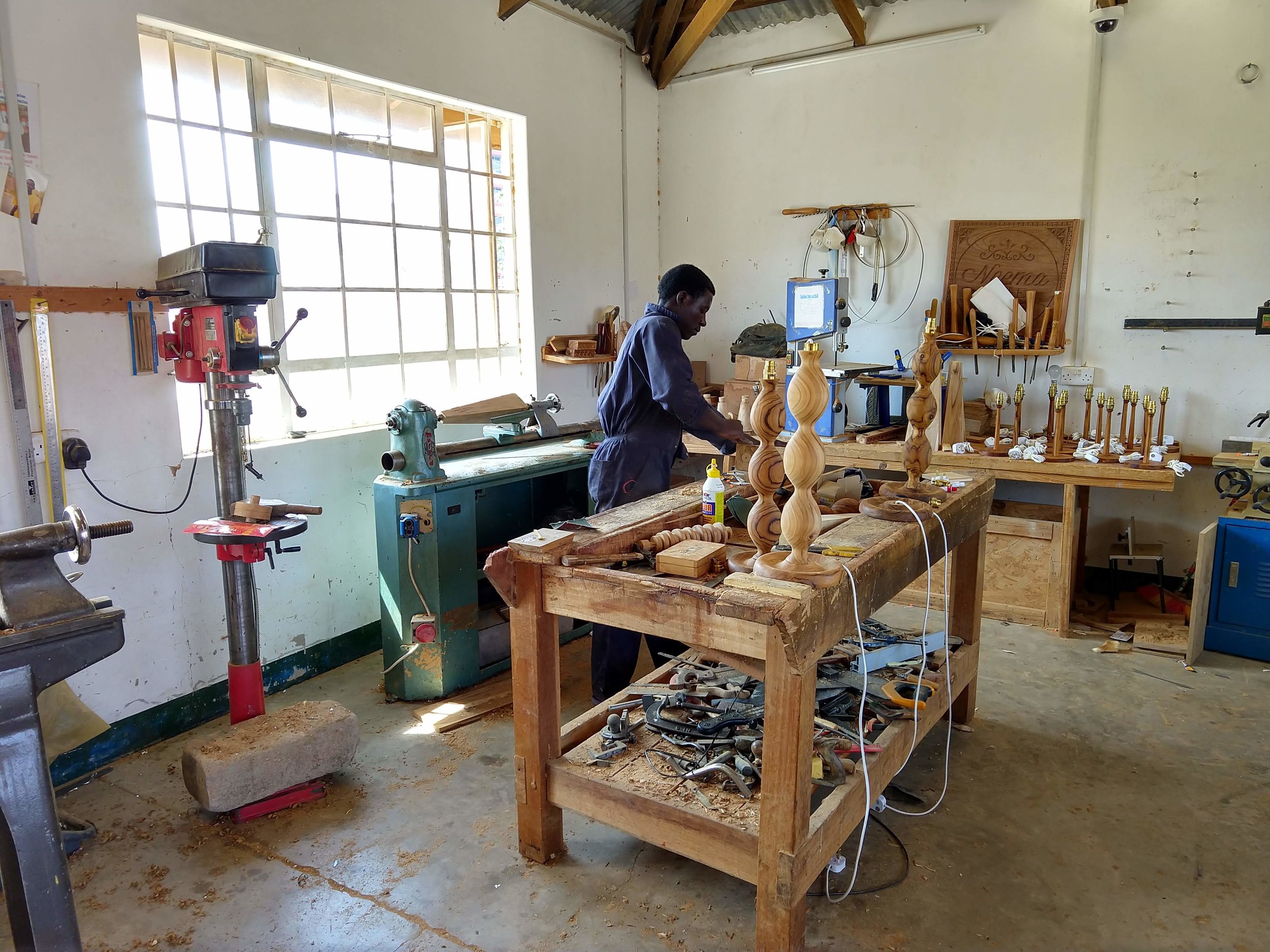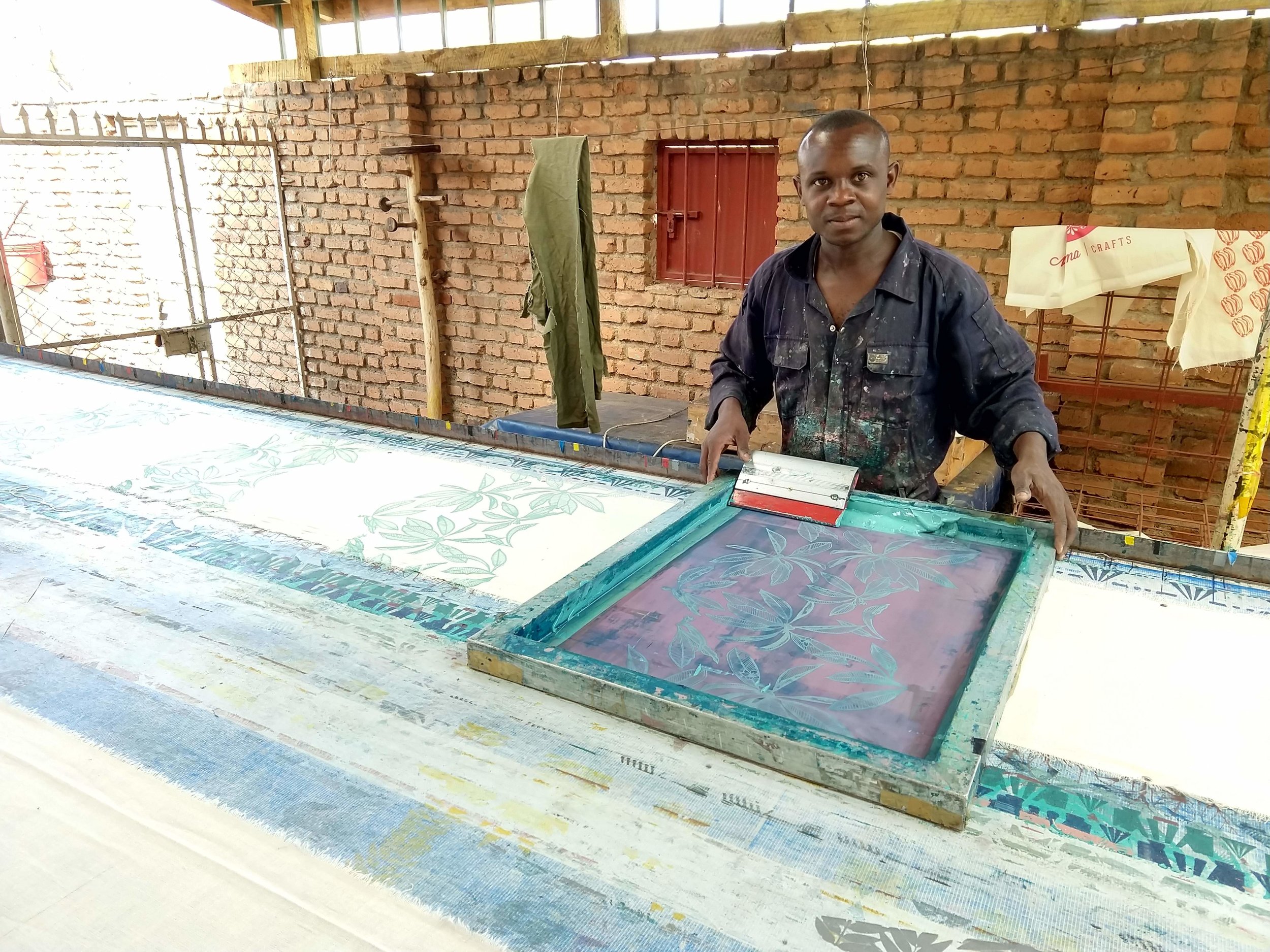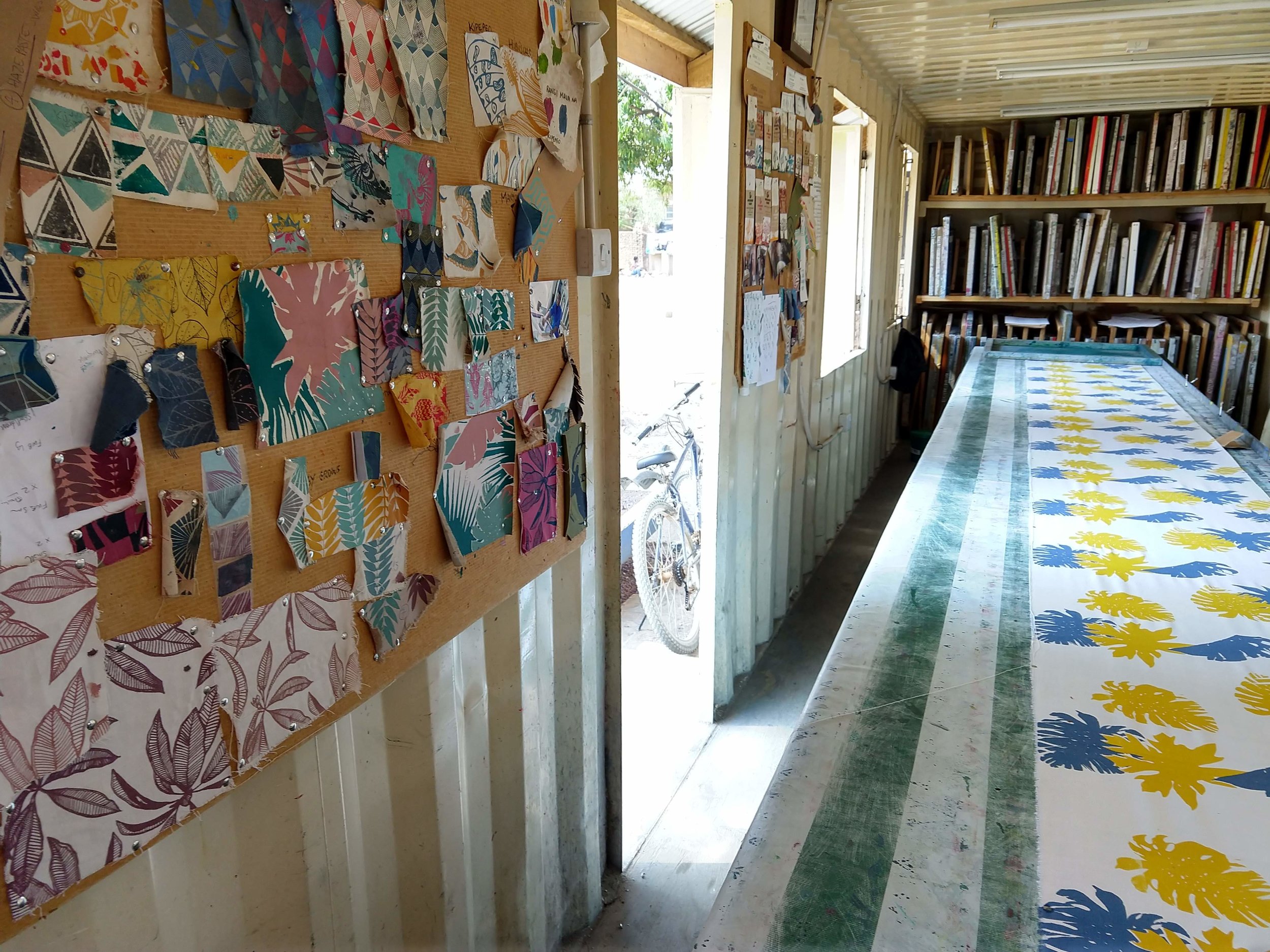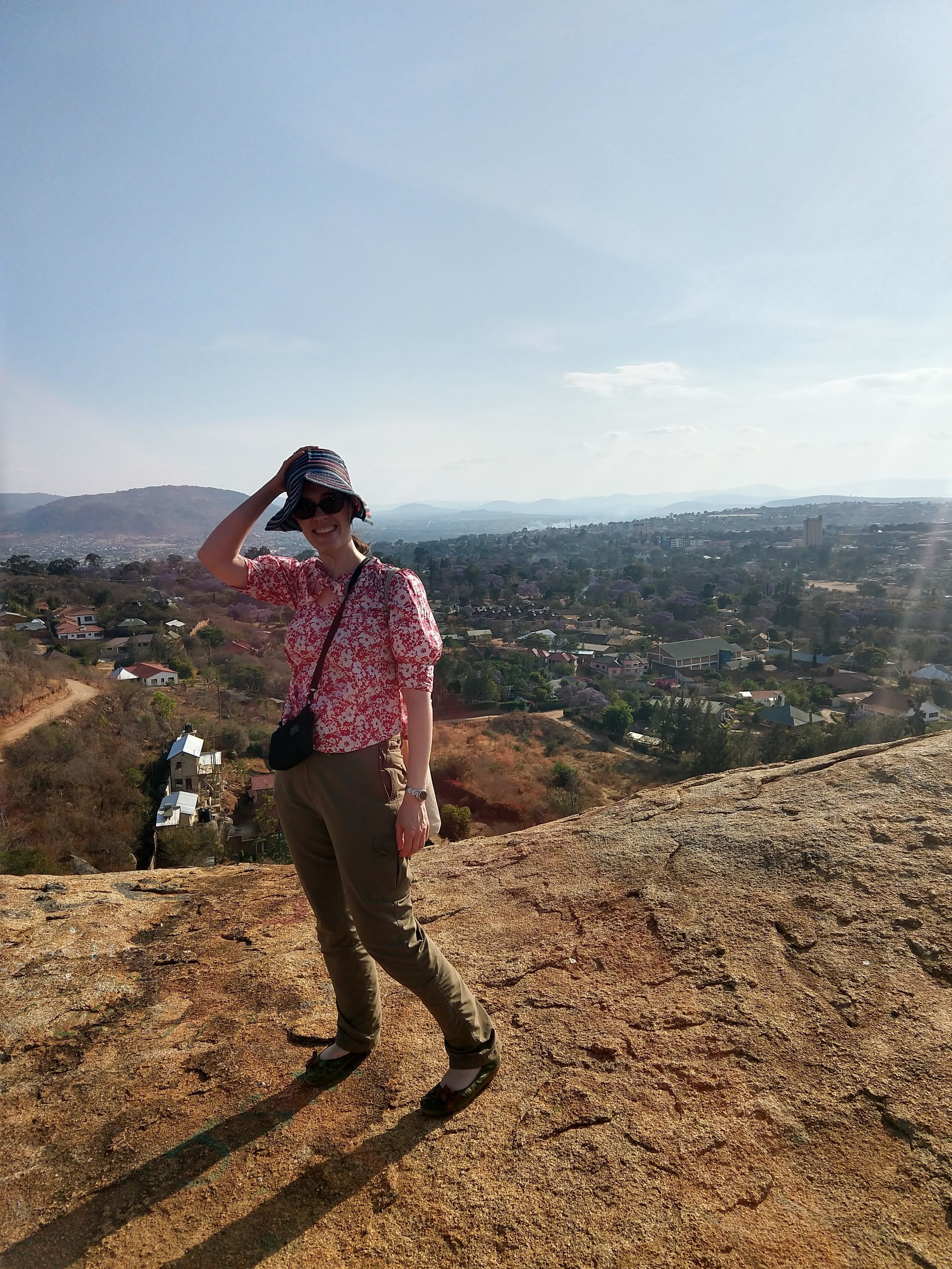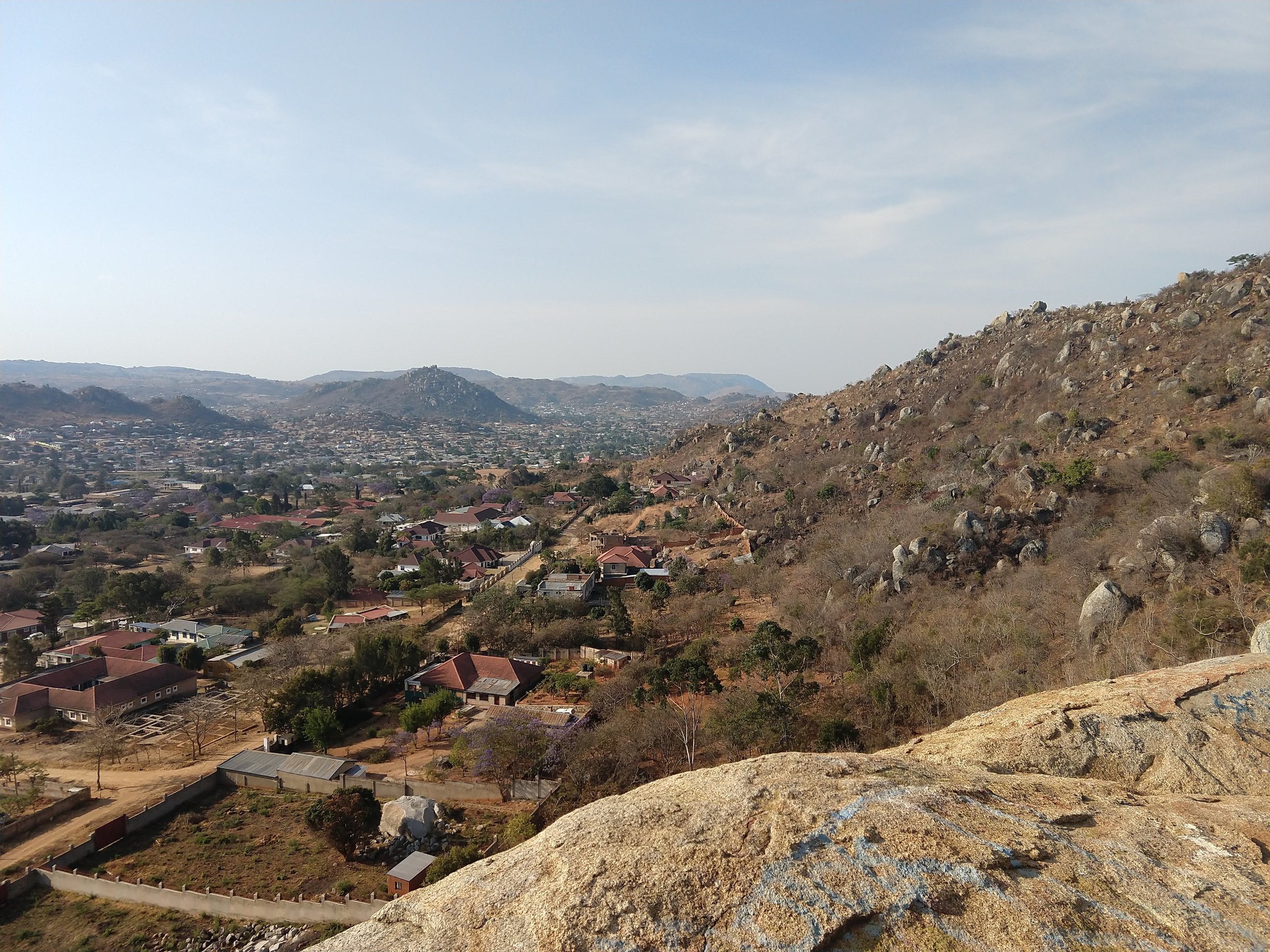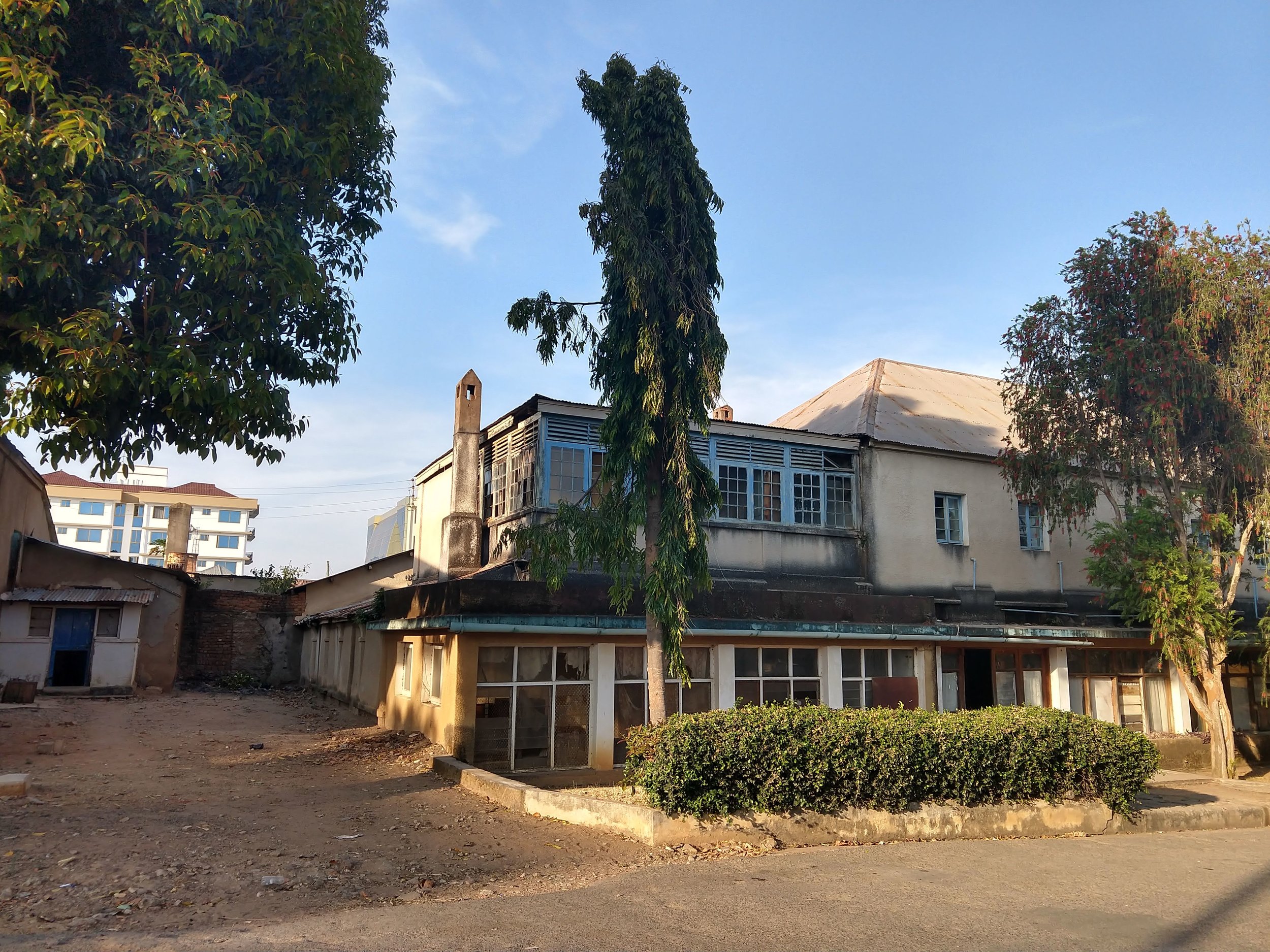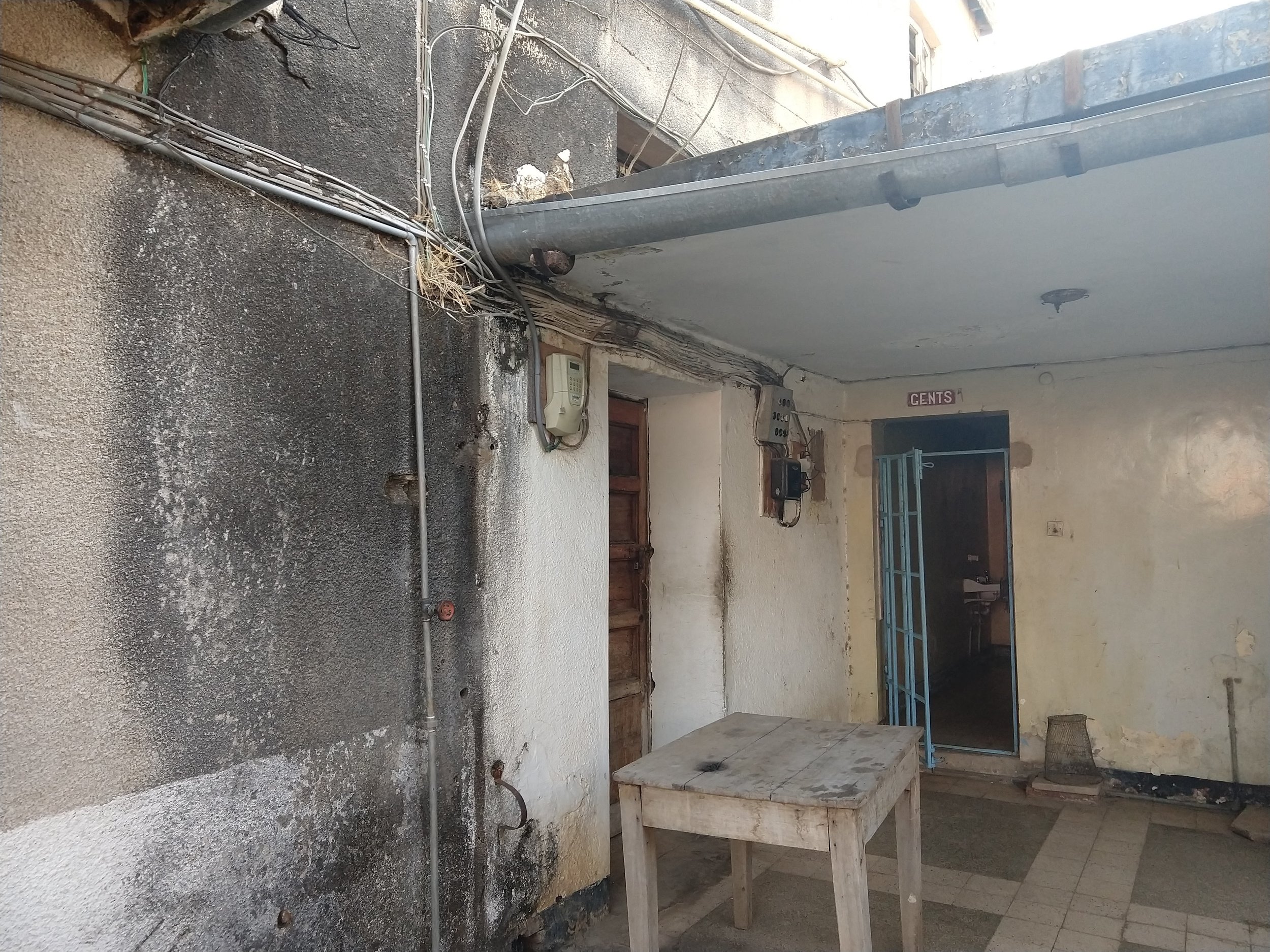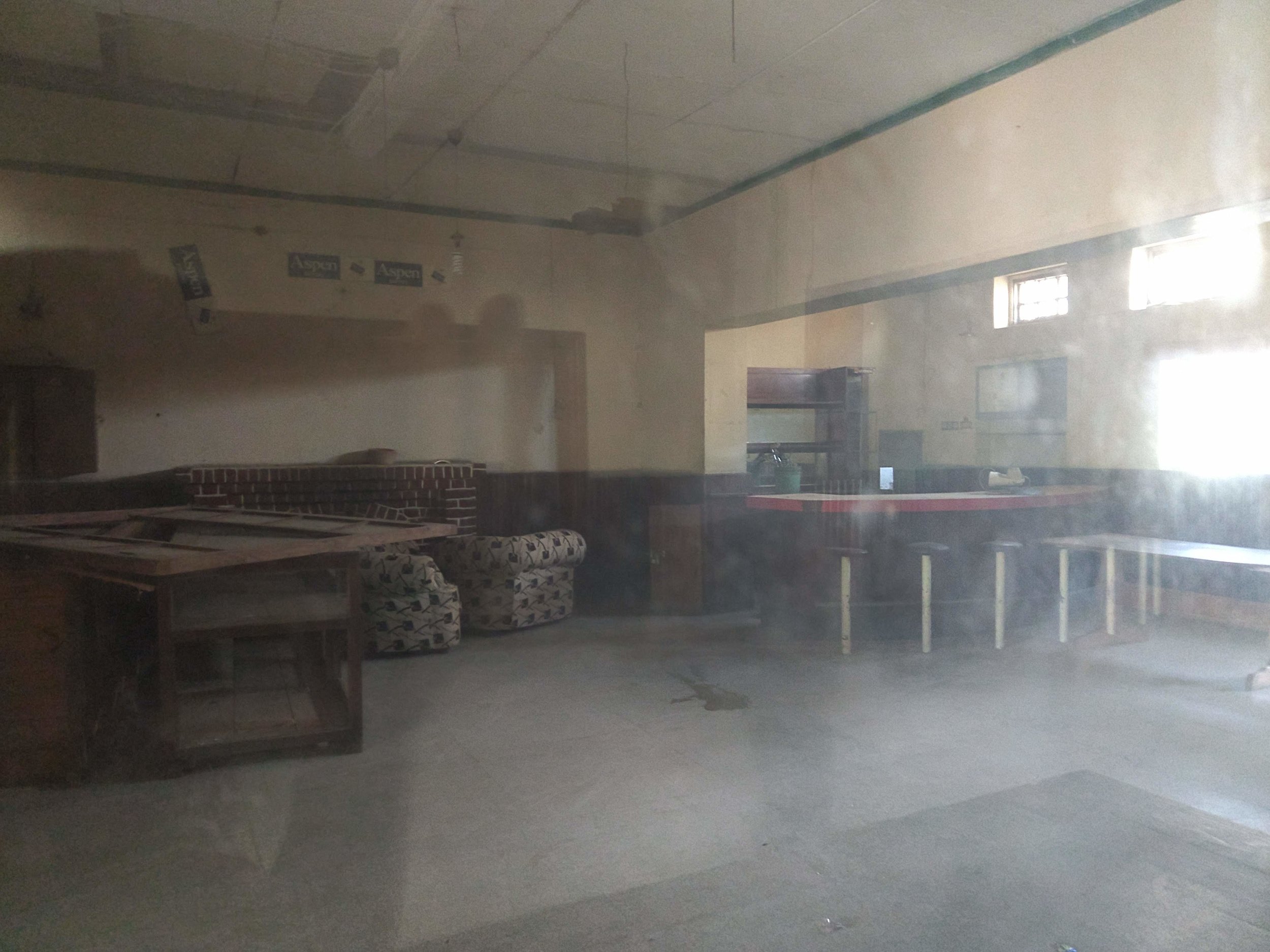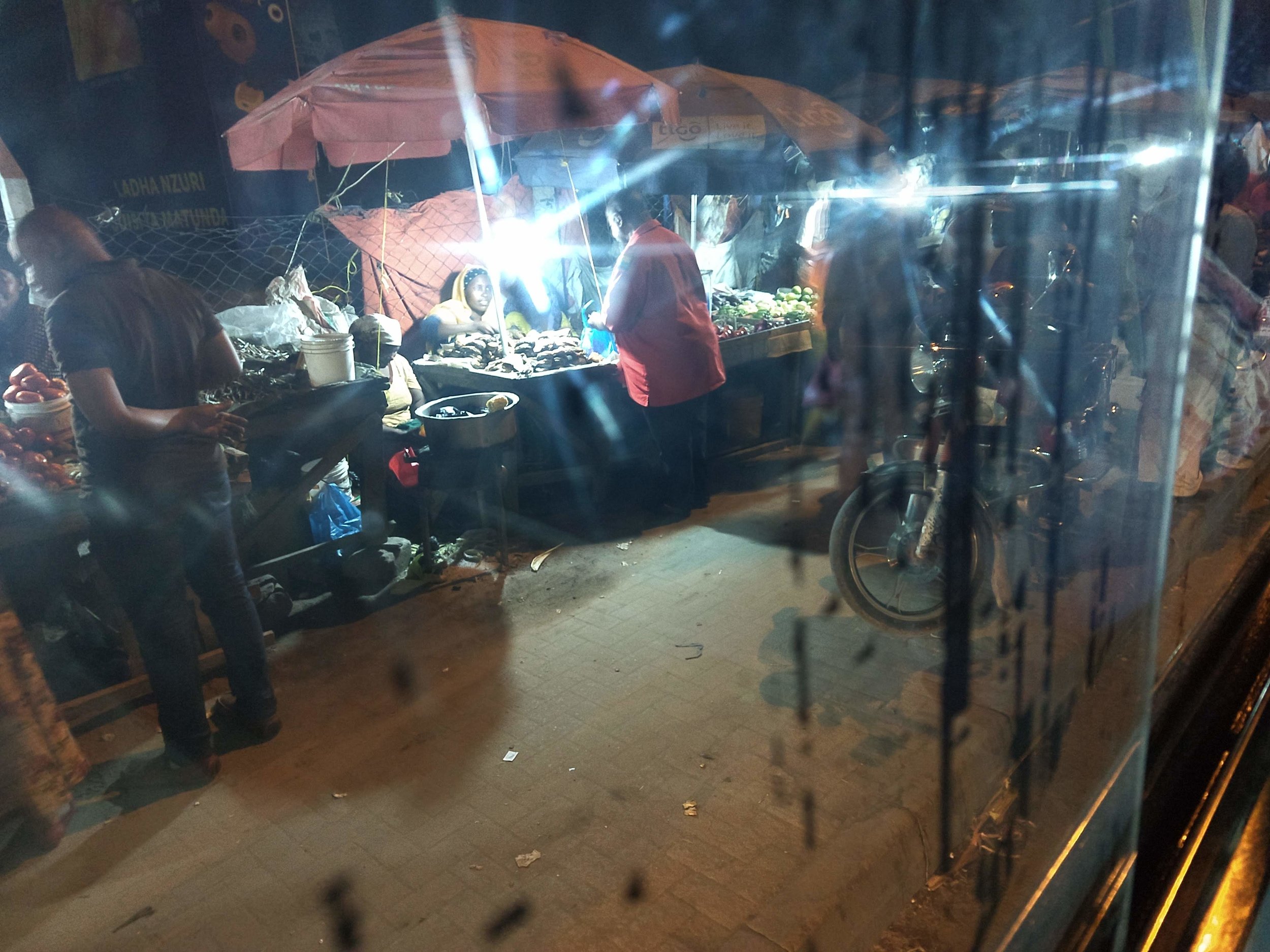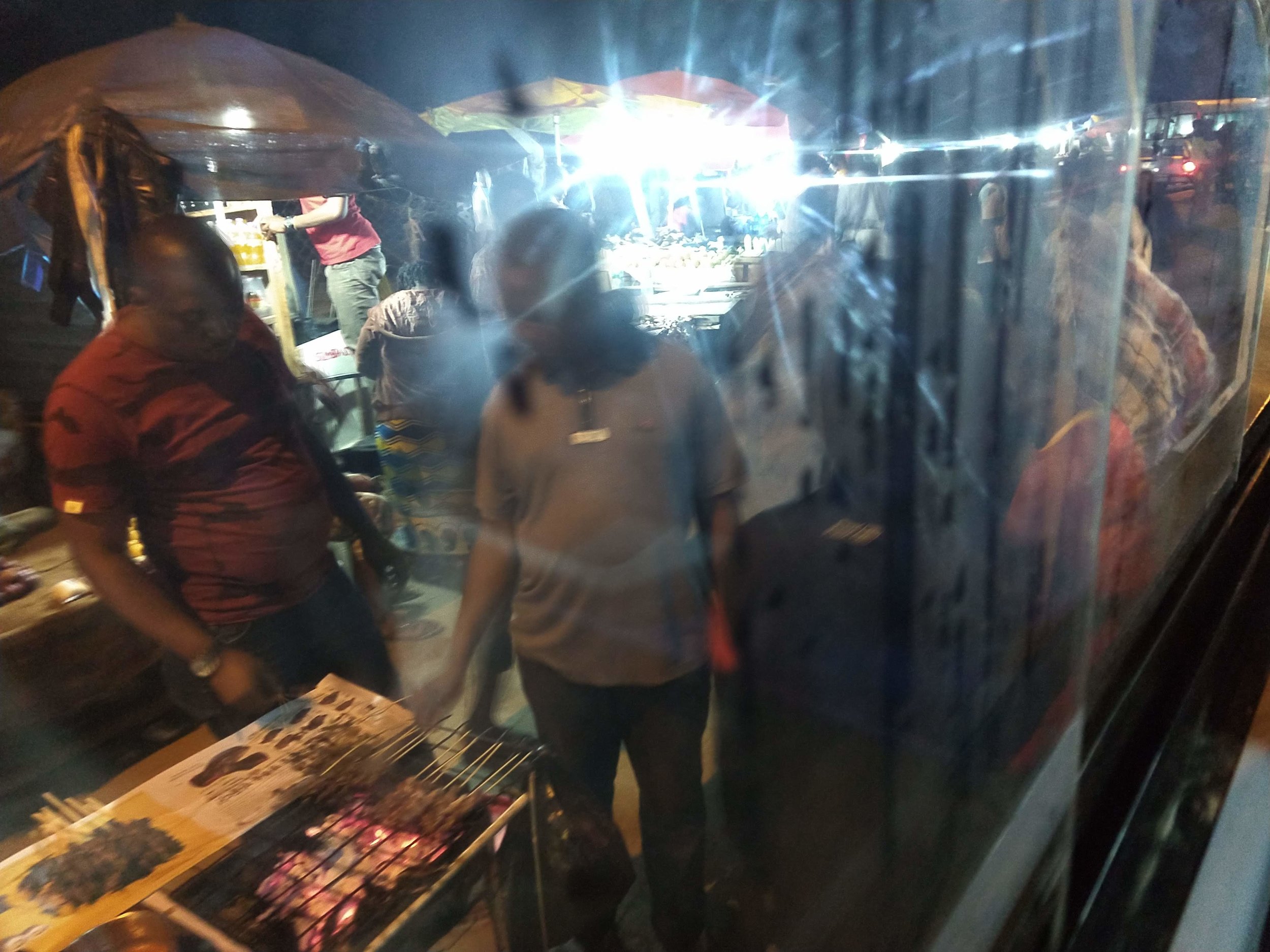GSP 15: A lost bag, pseudo-safari and great story in Tanzania
Long before this trip, I’d looked forward to visiting Tanzania, but when it came down to arrangements, cost and visa details almost kept me from going. Thankfully I went anyway, as it proved one of my most productive, intense and scenic stops in Africa.
Tanzania shares both English and Swahili with Kenya, but the descent into Dar es Salaam that Friday gave me my first glimpse of some differences between the neighbors. In an image to tickle a writer’s fancy, the city’s rooftops unrolled in a patchwork of dark-turquoise squares, sometimes interspersed with green. For reasons I never learned, Tanzanians seemed to love brightly colored aluminum for their roofing.
If I’d hoped the airport would equal this sight, I was disappointed. Then again, I had other reasons for disappointment: at the obligatory bag-claim that preceded my transfer to a domestic flight, I learned that my biggest bag hadn’t arrived with me.
After filling out a form and doing my best to recall notable features of the backpack (aside from its weight and contraband sourdough), I followed a winding course outside the airport, then back in again, through security and finally up to the waiting area for domestic flights.
I’d scheduled myself to cram three different cities into a 10-day visit. Since the first was a small outpost on the shores of Lake Victoria, it had cost less to connect through Dar es Salaam than fly directly.
View of the lake from an office where I did my first interview in Tanzania.
Fortunately, though, it turned out some direct flights did connect Nairobi to Mwanza. And with an efficiency that heightened my esteem for African air travel, the missing backpack arrived Saturday morning, sourdough starter still alive.
I hardly had time to feed said sourdough and make some pineapple pancakes with it (by request) before I had to leave again. However, I did manage one other cooking foray: a batch of some of the best guacamole I’ve made this trip. (Avocados proved large, plentiful and, therefore, cheap in Tanzania.)
To my delight, the Tanzanians not only embraced this unorthodox use of a fruit they favored for smoothies … they decided it paired well with ugali!
Soon, though, I headed back to the tiny Mwanza airport for my Monday night return flight to Dar es Salaam. This time I left the airport, and met WIllium, the pastor who’d be helping me with meetings in the city.
But only briefly. First, I had one more stop: a small town in the southern highlands — home of the charity that put first Tanzania on my itinerary. The morning after my arrival from Mwanza, Willium took me and just some essential luggage to a bus station for the very long (but vastly cheaper) trip to Iringa. The rest of my bags stayed at his house and he stored the sourdough with a friend, in what I think must have been a fish freezer.
Every time the bus stopped to take on passengers, men with baskets of snacks and drinks would lift their wares up within reach of the bus windows. I can’t remember if they had a tool to grasp your money, or if you just tucked it into the tray somehow. Other times, men boarded the bus to walk up and down the aisle selling water and apples until we slowed a few minutes later for them to jump off and wait for the next bus. I’m not sure the bus ever reached a total stop, but the men seemed used to jumping off a moving vehicle. That said, I didn’t see any gray heads among their ranks.
Snacks can do only so much to relieve a 10-hour bus ride. Fortunately, the scenario grew more interesting as we journeyed. The road passed through a large game park, but the outbound journey proved poor in animal sightings, except for frequent groups of four-legged lion prey. (Alas, no lions succumbed to this temptation within my sight.)
A blue-roofed building along the way.
The roadside trees more than made up for the lack of hunting drama, however. I know no other word worthy to describe the trees but primordial. In the increasingly kind light of late afternoon, they proved one of the most beautiful sights I saw in Africa. I couldn’t take enough pictures of them.
Some sights I wished I’d captured included the random sight of an outdoor pool table at one road-side business, and two bulls stirring up dust as they locked horns. The promise of surprises like that kept me staring out the window for long stretches broken only when my neck began to hurt too much.
Many different businesses and activities might occur on the side of a road in Tanzania (and most other parts of Africa that I saw).
Since I only had time for one day of interviews in Iringa, I spent almost more time riding to and from the town than I did within its borders. But I had a fruitful visit. The Neema craft and guesthouse operation proved one of the most exciting businesses I’d encountered on my trip — well worth the long bus ride there.
Entrance to Neema’s cheerful craft shop.
People with disabilities can face great difficulty and prejudice in Tanzania (and many other countries), but Neema provides employment and other support for a staff of more than 100 people with deafness and other disabilities. Shown here (with their permission): Evelyn in tailoring; Ambilile in carpentry; and Sergio in screen printing.
I didn’t have much time to walk around Iringa, but managed to take a short tour. My guide seemed disappointed I couldn’t see more of the land surrounding the city, but he managed to show me a vantage point and the fascinating ruins of a former British club of some sort.
The next morning, I rose early for another long ride to Dar es Salaam. This time, the drive offered more distraction: I glimpsed elephants in a river and counted nearly 20 giraffes.
And I even got to watch a melodramatic, two-part Swahili film (with subtitles), in which a mobile-payment error starts a romance and then the rich man in question masquerades as a shoe-less trash collector to test his girlfriend’s integrity. Part two upped the ante with a demonization and exorcism after the gold-digger’s sister got the rich guy instead and Sister Greedy-Pants couldn’t accept her loss.
Once back in Dar es Salaam, I didn’t get many other tastes of Tanzanian culture, aside from food. Willium, the pastor I worked with, had packed a lot into my three days there. Pictured: some of the markets we passed on the bus back from meetings one night.
By the time I left, I must have used almost every form of transit available. The last day, I even had to brave a helmet-less motorcycle ride to an interview near the city’s coastline!
As multiple others had promised me, though, Tanzania has many well-graded roads. We made it safely there and back. My driver even wore a turquoise jacket to rival the roofs I’d seen on arrival.
Workers grading a road in Dar es Salaam.
Country snapshot
Water: Drinkable after SteriPen treatment. Locals usually considered boiling sufficient for the water they used in tea.
ATMs: Most added about a $4 surcharge per withdrawal (4,000 Tanzanian shillings).
Beer: $.76 at a bar in Iringa to $1.73 at the airport (one of the few places I had a chance to drink it).
Visa: $100 for a visa-on-arrival, reasonably easy to get at the airport. It would have gone more quickly with $100 USD in cash, however. (They did take payment by debit card, but I had to wait longer for processing.)
Food: Like the Kenyans, Tanzanians like their ugali and kill a chicken to cook when hosting a guest. Unlike in Nairobi, however, I had some very flavorful sauces that used coconut milk and spices I could only guess at. The best of these starred in a wonderful fish dish served over rice.
Transportation: We had to use the pastor’s friend’s car for some trips (similar to Nigeria), but I also rode buses, a motorcycle and what the Indians call auto-rickshaws.
Phone service: Inconsistent, depending on which part of Dar es Salaam I was in. Sometimes I’d only connect every few hours (presumably when the clouds shifted).
